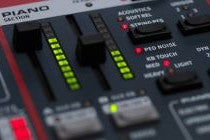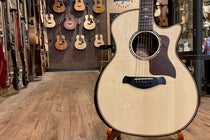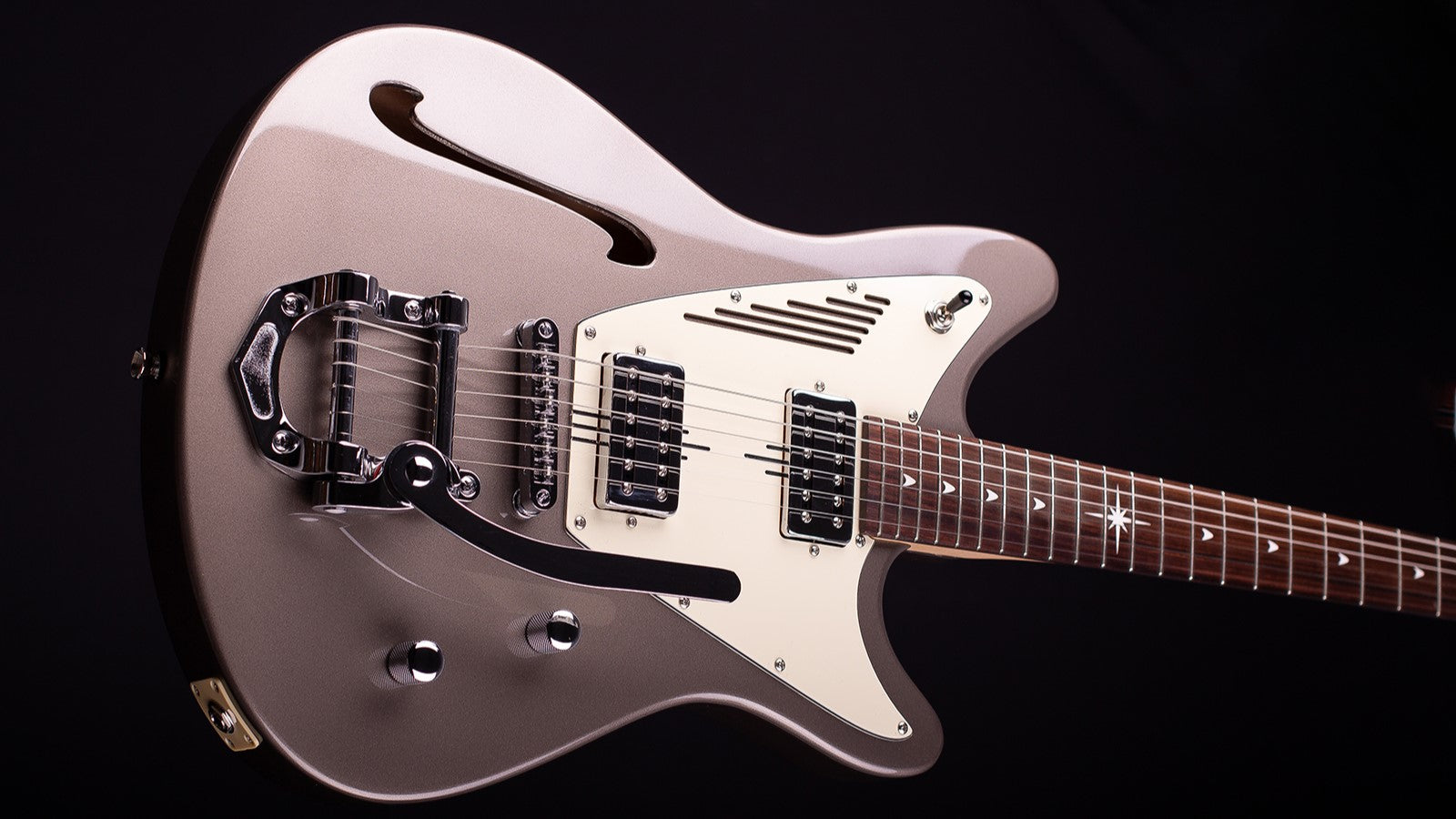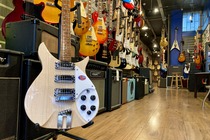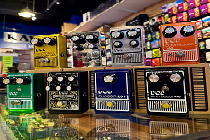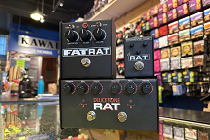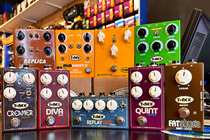Choosing your first digital piano when learning can be a tricky business. It's so baffling with so many products on the market and trying to decipher what all the different terminology means can elude most people. Terms like "Graded hammer action", "touch sensitive" and such are bandied around freely, what does it all mean and is any of it it really that important?
The first thing you may read or hear when looking into keyboards is about "touch sensitivity". If a keyboard is touch sensitive, it simply means that, like on a traditional piano, the harder you press down the key, the louder the note sounds.
You may also hear people talking about "weighted keys". When playing a traditional, acoustic piano, you will find that the keys offer resistance and can be quite heavy to press in comparison to many keyboards. Digital piano manufacturers have for many years been trying to emulate this weight in their keyboards to try and make the experience of playing as close to that of playing an acoustic piano as possible. When taking grade exams, for example, it is quite important that you have a weighted piano to practice on at home. This is in order to strengthen the muscles in your fingers, so when you come to take an exam on a traditional piano, you won't be thrown by the difference in touch. Most piano teachers will suggest that after about 6 months of learning, you will probably need something with weighted keys to practice on.
With many digital pianos that have weighted keys, you are likely to hear the term "graded keys". This isn't a further confusing thing to try and put you off and make you run away, screaming. Think of the inside of an acoustic piano. The sound is created by hammers hitting strings. The low notes require big, thick strings, with large hammers in order to create the note, whereas the higher register notes are created by thinner strings and a smaller hammer. As you can imagine, the bigger the hammer, the heavier the key. Digital piano makers have got in on this and try to ensure that the keys at the bottom register of the keyboard are heavier than the higher register. Therefore, when comparing the action on digital pianos, it's important to feel the keys of the same register on each piano so you can get an accurate comparison.
Bearing all of the above in mind, however, there is nothing like trying out a digital piano yourself and finding what instrument is right for you, so please do give us a call or come down to Denmark Street, where we can chat to you about what is important to YOU, and help you choose YOUR instrument. After all, the experience of playing music is different for everyone, and we want to help you find the experience that's right for YOU.
Looking forward to seeing you soon,
Bev.

